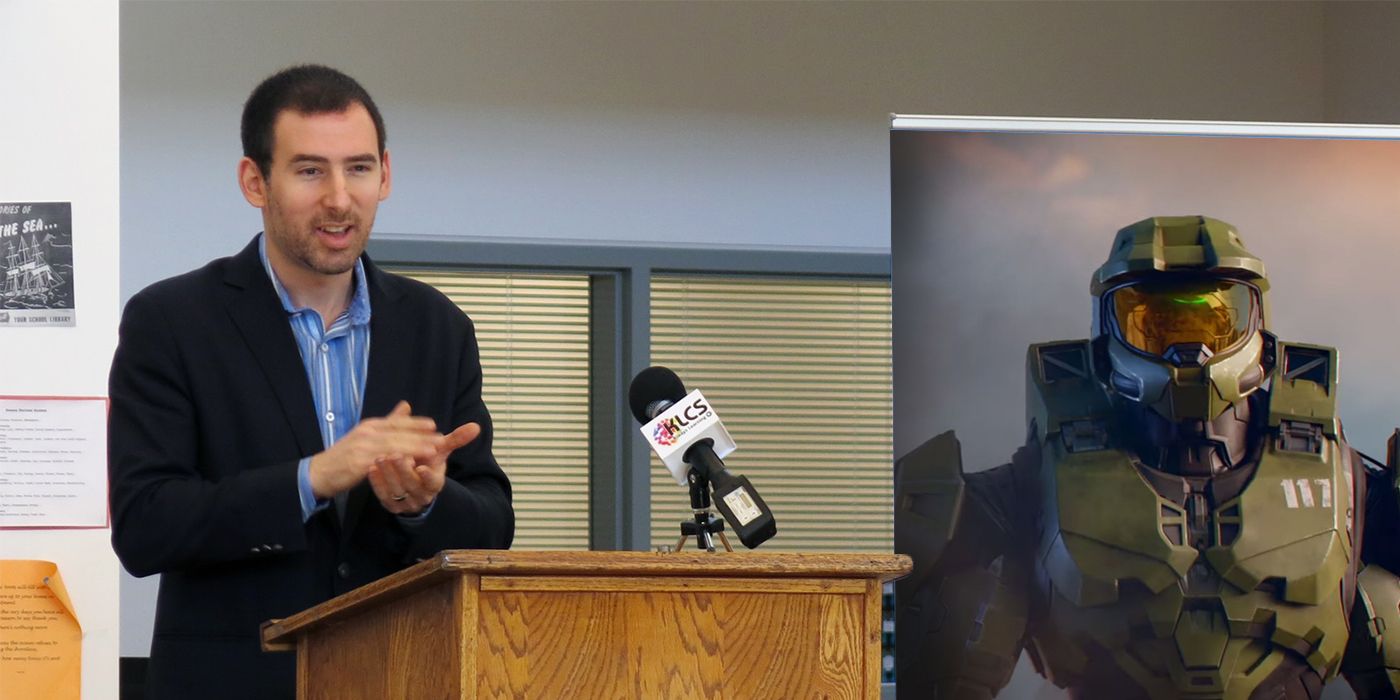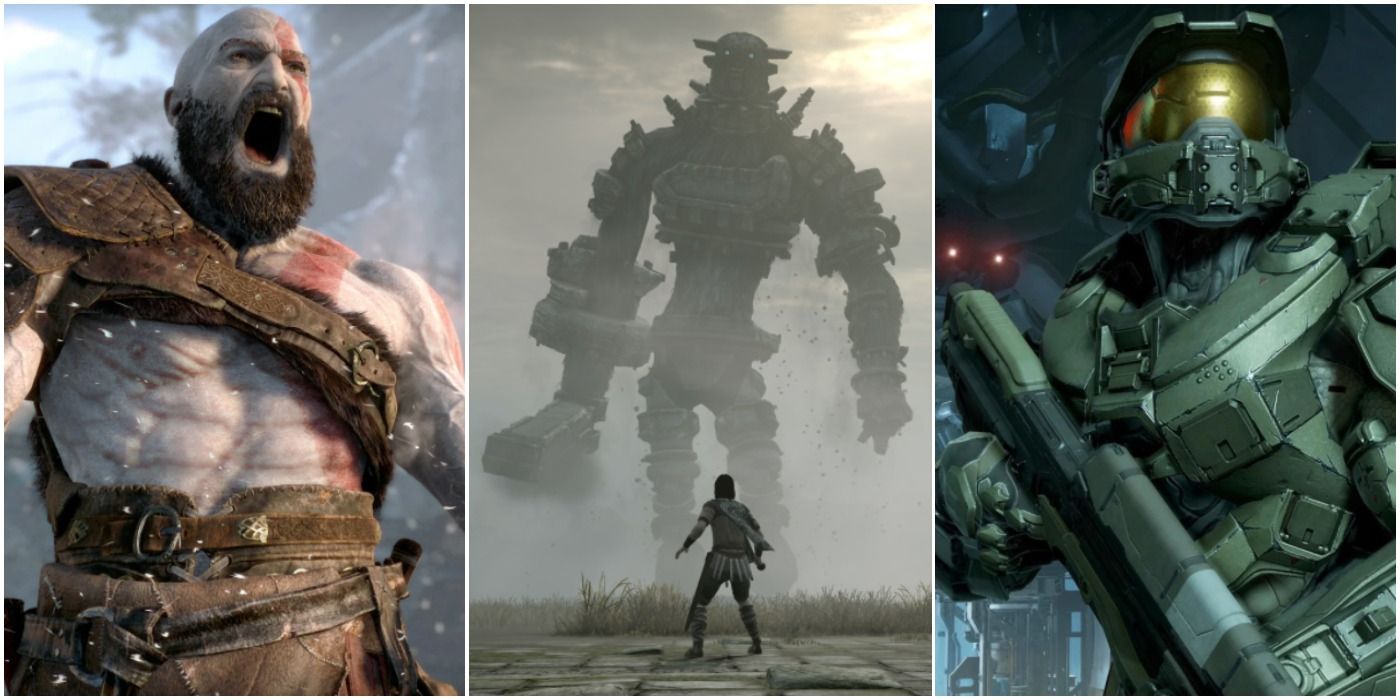Game Rant recently had a lengthy chat with James Gwertzman, head of cloud gaming at Microsoft. Gwertzman is focused on cloud gaming services, which provide a backbone of internet connectivity and cloud computing power for developers looking to expand the online components of their games. One of the major points he hammered home was that powerful development tools will be more readily available to more people through the accessibility that cloud technologies can provide, and that openness and accessibility brought up questions about Microsoft's larger strategies in the games industry.
For several years now, Microsoft has taken a more 'open' approach to distributing games, promoting cross-platform play, creating subscription services that work across Xbox and Windows, and de-emphasizing exclusives in its console marketing. Other major companies like Nintendo and Sony, though, have honed in on console-exclusive titles and content with a 'walled garden' approach: it's really nice in the garden, but they make it hard to leave. We wanted to get an inside opinion on Microsoft's approach, and Gwertzman did provide.
...I came to Microsoft because of PlayFab, and they acquired PlayFab because Phil Spencer had this vision of building the world’s best gaming platform. That’s no longer just about silicon on the Xbox, it’s increasingly about the cloud. We’ve had a really good run and we’ve grown almost 10X since we came to Microsoft.... The fun job I have now is selling tools and services to developers of all sizes, and really help them build their businesses too.
Gwertzman had spoken before about broadening the number of people who are able to develop games and who have access to professional-grade development tools. His statements about Xbox as a platform being increasingly more about services than silicon is also in line with what we've seen from Microsoft: the expansion of Xbox Game Pass as the gaming subscription service to beat, and efforts to make it available across different platforms as well. We asked Gwertzman about this open approach, and he gave more concrete details.
One of the things I love about our team is we have a service called PlayFab party. It’s our voice chat solution. And it’s supported on a bunch of platforms including Switch, PlayStation, even Stadia. We had to get special clearance from our lawyers, but we want to supply services that work across all these platforms. Every developer has the same goal which is to target gamers....Our Xbox team will compete with PlayStation to try and get more gamers to buy our device, but at the same time, when it comes to helping game developers, the goal is to help them reach gamers wherever they are.
Of course, Gwertzman is in the business of making sure developers get the tools they need to keep their games up and running, and he doesn't necessarily help decide Microsoft's strategy on console exclusive games. It makes sense that the cloud technologies that Gwertzman suggests are revolutionizing the way that games are made and delivered should not be bound to physical platforms, even if other branches of Microsoft are focused on making their console competitive. Still, though, we wanted to ask Gwertzman whether he thinks console exclusive games are the answer to pushing platforms forward.
The average game developer doesn’t want exclusivity. The average game developer wants to be on every device that players are on. They want a mobile version, a console version. Console makers sometimes want exclusivity because they want their console to be special or better or whatever, but no, we don’t think it’s the answer. We’ve been pretty open about trying to support cross platform experiences.


